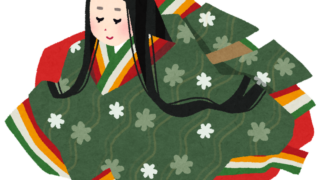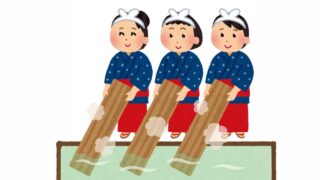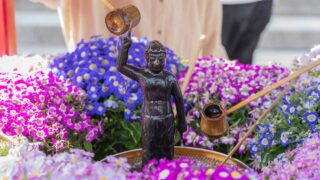The Hidden History of Japan’s Social Divide
In Japanese society, the term “buraku” carries a complex and often painful significance, deeply rooted in historical discrimination and social stratification. While it can simply mean “hamlet” or “small settlement,” its connotations run much deeper, revealing a long-standing societal divide that continues to impact lives today.
The Edo Period: Origins of Systemic Discrimination
The concept of “discriminated buraku” emerged during Japan’s feudal era, particularly during the Edo period (1603-1868):
- An institutionalized caste system categorized certain groups as “eta” (filthy) or “hinin” (non-human)
- These groups typically performed jobs considered “unclean,” such as:
- Leatherwork
- Butchery
- Handling the dead
- Despite their essential roles in society, they faced severe social ostracism and legal restrictions
This systemic discrimination laid the groundwork for long-lasting social prejudices that would persist well beyond the feudal era.
From Meiji to Modern Day: The Persistence of Prejudice
The Meiji Restoration of 1868 officially abolished the caste system, but societal attitudes proved far more resistant to change:
- Legal distinctions disappeared, but social discrimination persisted
- People from buraku communities continued to face barriers in:
- Education
- Employment
- Marriage
- The stigma of buraku heritage became a hidden but potent form of discrimination
This period highlighted the challenge of changing deeply ingrained societal attitudes, even in the face of legal reforms.
Contemporary Challenges: The Buraku Issue Today
While overt discrimination is now illegal in Japan, the buraku issue remains a complex social challenge:
- Unconscious biases and stereotypes continue to affect buraku descendants
- Efforts to address the issue focus on:
- Education and awareness campaigns
- Economic support to revitalize buraku communities and promote independence
- The persistence of this issue reflects the deep-rooted nature of historical prejudices
Building a More Equitable Future
Addressing buraku discrimination requires a multi-faceted approach:
- Human rights education in schools and workplaces
- Promoting understanding of buraku history and culture
- Challenging stereotypes and misconceptions
- Economic initiatives to support buraku community development
- Job training and employment programs
- Infrastructure improvements in historically disadvantaged areas
- Public awareness campaigns to dispel myths and promote understanding
- Media initiatives to highlight buraku contributions to society
- Cultural exchange programs to foster interaction and understanding
- Legal protections against discrimination in housing, employment, and education
- Enforcement of anti-discrimination laws
- Support for victims of discrimination
Conclusion: Understanding as the First Step to Equality
The term “buraku” in Japan is far more than a geographical designation—it’s a reminder of a painful history and an ongoing struggle for equality. By understanding this complex issue, we take the first crucial step towards building a more just and inclusive society.
As Japan continues to grapple with its historical legacy, the resolution of buraku discrimination stands as a testament to the nation’s commitment to human rights and social progress. Through education, empathy, and collective action, Japan can work towards a future where one’s heritage no longer determines their opportunities or social standing.
The path to true equality for buraku descendants is not an easy one, but it is a necessary journey for Japan to fully embrace its ideals of social justice and human dignity. By confronting this historical injustice head-on, Japan has the opportunity to set an example for addressing deeply rooted societal prejudices and building a more equitable future for all its citizens.





















